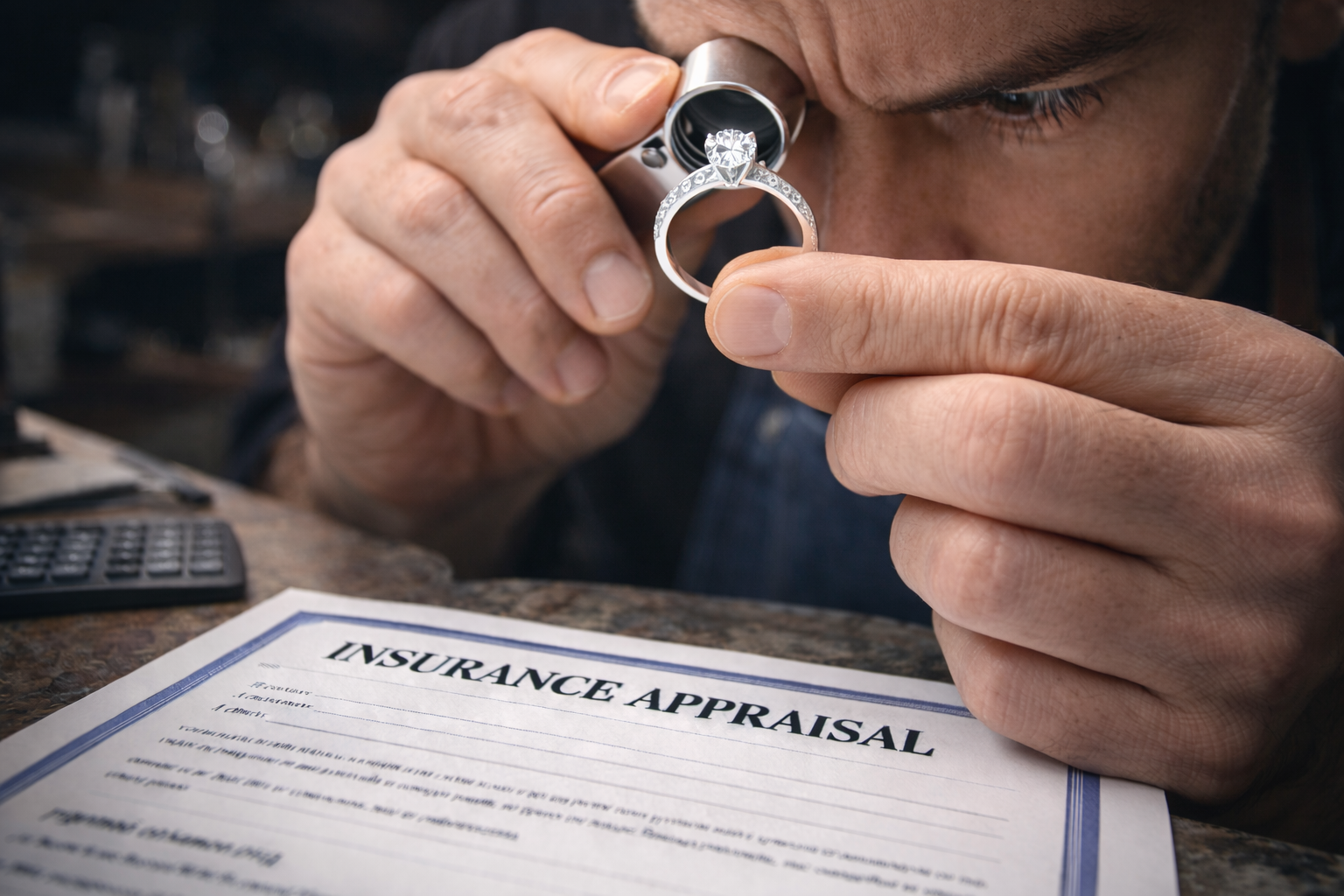Smart Home, Safe Home: How IoT Devices Lower Insurance Premiums
Adams Kotel
Published on

For the past decade, the "smart home" has been marketed primarily as a tool of convenience. We can adjust our thermostat from the office, see who's at the door on our phone, and turn on the lights with our voice. But a powerful new trend is emerging that reframes smart home technology not just as a lifestyle upgrade, but as an essential tool for risk management and financial protection.
Insurance companies, faced with billions of dollars in losses from common household disasters like fire and water damage, are now actively encouraging and rewarding homeowners who adopt smart home technology. These Internet of Things (IoT) devices act as an early warning system, capable of detecting a potential disaster in its earliest stages and, in some cases, actively preventing it from becoming a catastrophe. This shift from reactive claims to proactive prevention is a win-win: it protects your home and it saves the insurer money. In return, they are offering significant premium discounts, making these devices a wise investment for any homeowner.
This guide will explore the key categories of smart home devices that insurers love, explain how they work to prevent the most common and costly types of claims, and detail the discounts you can expect by making your home a safer, smarter place.
The Problem: The "Big Three" of Home Insurance Claims
While we often worry about major catastrophes, the vast majority of homeowners insurance claims are not from hurricanes or wildfires. They are from three mundane, but incredibly costly, perils:
- Non-Weather-Related Water Damage: This is a leading cause of claims. A burst washing machine hose, a leaking water heater, or a failed plumbing fixture can release hundreds of gallons of water in minutes, causing tens of thousands of dollars in damage to floors, walls, and furniture.
- Fire and Smoke: Residential fires cause billions in property damage and thousands of deaths each year.
- Theft and Vandalism: Burglaries result in significant property loss and a profound sense of violation.
Smart home technology offers a direct, powerful solution to mitigating all three of these common risks.
The Solution: Smart Devices That Earn You Discounts
Insurers are most interested in devices that actively protect your home from these "Big Three" perils. A recent Nationwide report found that 85% of agents now recommend smart-home technology as a key prevention tool.
1. Smart Water Leak Detectors & Automatic Shut-Off Valves (The Biggest Impact) This is the technology that has insurers most excited.
- How they work: This category includes two types of devices:
- Passive Leak Sensors: These are small, inexpensive, battery-powered sensors that you place in high-risk areas: under sinks, behind toilets, and next to washing machines, dishwashers, and water heaters. The moment they detect moisture, they send an instant alert to your smartphone.
- Active Shut-Off Valves: This is the gold standard. These devices are professionally installed on your home's main water line. They use sensors or AI to monitor the flow of water. If they detect an abnormal pattern that indicates a leak (like water running continuously for an unusually long time) or if a connected sensor detects moisture, the valve will automatically shut off the main water supply to your entire house.
- Why insurers love them: An automatic shut-off valve can turn a potential $50,000 basement flood into a minor, contained puddle. It stops the loss before it starts. It's the most powerful water damage prevention tool available.
- Potential Discount: Insurers offer some of their largest smart home discounts for professionally installed automatic shut-off valves, often in the range of 10% to 15% or more.
2. Smart Smoke and Carbon Monoxide (CO) Detectors Standard smoke detectors are essential, but smart detectors take protection to the next level.
- How they work: Devices like the Google Nest Protect are connected to your Wi-Fi. If they detect smoke or CO, they don't just sound a local alarm. They also send an immediate, detailed alert to your smartphone, telling you exactly which room the problem is in. If you have a monitored security system, they can also automatically dispatch the fire department.
- Why insurers love them: The instant remote alert is critical. If a fire starts while you are away from home, you can call 911 immediately. This early response can be the difference between a small, contained kitchen fire and a total loss of your home.
- Potential Discount: 5% to 10%, especially when integrated with a central monitoring service.
3. Monitored Home Security Systems A comprehensive smart security system is a powerful deterrent against theft and a hub for other safety features.
- How they work: These systems integrate door and window sensors, motion detectors, and security cameras. The key factor for insurance discounts is professional monitoring. This means that when an alarm is triggered, a signal is sent to a central monitoring station, where a live person can verify the alarm and dispatch the police.
- Why insurers love them: Monitored systems are a proven deterrent to burglars. Even if a break-in occurs, the audible alarm and quick police dispatch often limit the extent of the loss.
- Potential Discount: This is one of the most well-known discounts, typically ranging from 5% to 20%, depending on the level of monitoring (burglary, fire, etc.).
4. Other Notable Smart Devices While the "Big Three" above offer the largest discounts, other devices are gaining traction:
- Smart Electrical Panels: Products like the Leviton Smart Load Center can monitor your home's circuits for dangerous arcing conditions (a major cause of electrical fires) and automatically shut them off, alerting you to the problem.
- Smart Door Locks and Garage Doors: These provide enhanced security and allow you to verify that your home is locked up from anywhere.
How to Get Your Discounts and Maximize Your Investment
- Talk to Your Agent First: Before you buy any devices, call your insurance agent. Ask them for a specific list of the smart home discounts they offer. Do they require professional installation? Do they partner with a specific brand (like SimpliSafe, ADT, or Flo by Moen)? Knowing this information beforehand ensures you buy a device that will qualify.
- Focus on Professional Monitoring: For security and fire, the largest discounts are always tied to systems that are professionally monitored 24/7.
- Provide Proof: Once your system is installed, you will need to provide your insurer with a certificate of installation or a monitoring contract to have the discount applied to your policy.
- Embrace the Data (Optional): Some insurers are now offering "try before you buy" programs where they will send you free sensors in exchange for you sharing the data with them. This can be a great way to get started and prove that your home is a lower risk.
Conclusion
The convergence of smart home technology and the insurance industry is creating a powerful new paradigm for homeownership. These devices are transforming the home from a passive asset that you insure against disaster into an active partner that helps you prevent disaster in the first place. By making a strategic investment in the right smart home technology—particularly automatic water shut-off valves and monitored smoke and security systems—you are not just adding convenience to your life. You are making your home fundamentally safer, reducing your risk of a catastrophic loss, and unlocking significant, recurring savings on your homeowners insurance premium for years to come.
Share this article
About the Author
Adams Kotel
Lead Insurance Analyst
Adams has over 15 years of experience in the insurance industry, specializing in personal line products. He is passionate about demystifying complex insurance topics and helping consumers make educated decisions.
Related Articles

Pet Liability Insurance & Breed Restrictions: A Homeowner’s Guide
Your dog is family to you, but to an insurance underwriter, they represent a massive financial risk. We decode pet liability, the dreaded "breed blacklist," and how to insure excluded animals.
Adams Kotel

Scheduled Personal Property Insurance: A Complete Guide
Your standard homeowners policy has hidden limits that will not cover your engagement ring, Rolex, or fine art if stolen. Learn how Scheduled Personal Property insurance protects your most valuable assets.
Adams Kotel